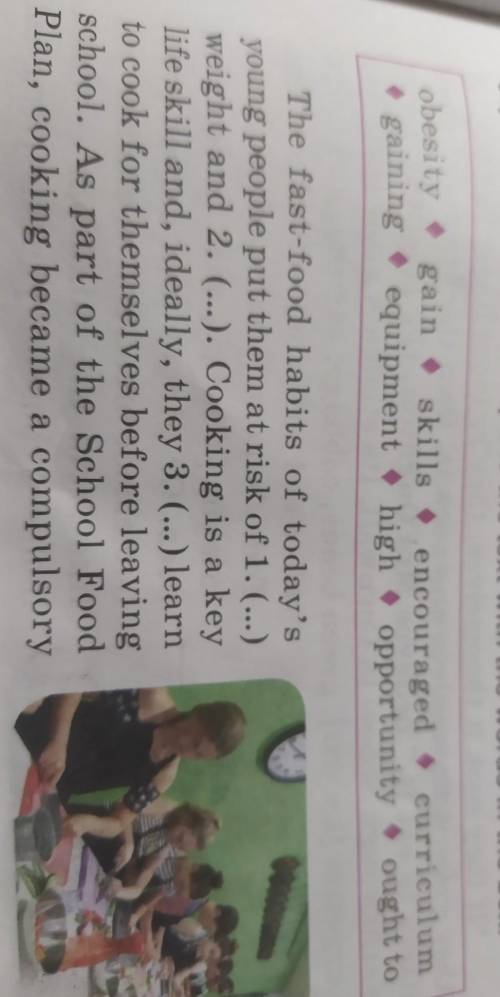
Examples
I have had this computer for about a year.
How long have you been at this school?
I haven't seen Julia since September.
2.Если первая часть вопроса утвердительная, то «Tag» − отрицательный. И наоборот: если первая часть вопроса отрицательная, то «Tag» — положительный.
V (+) …, tag (-) ?V (-) …, tag (+) ?Например:
She is at home, isn’t she?(+) (-)She isn’t at home, is she?(-) (+)
3.
1. When do we use much and when many?much: uncountable nouns (milk, marmalade, money, time etc.)many: countable nouns (bottles of milk, jars of marmalade, dollars, minutes etc.)Examples:
How much money have you got?How many dollars have you got?In informal English these questions are often answered with a lot of, lots of. There is no much difference between the two phrases.
2. When do we use a little/little and when a few/few?a little: non countable nouns (milk, marmalade, money, time etc.)a few: countable nouns (bottles of milk, jars of marmalade, dollars, minutes etc.)Examples:
He has a little money left.He has a few dollars left.We use few and little without the article a to point out a more negative meaning.
Examples:
A few students of our school know this. (There are some student who know it.)Few students know this. (It is almost unkonown.)1. You want to visit your friend but you've got too much work to do.
I wish I didn't have so much work, to do. If I didn't have so much work to do, I could visit my friend.
2. You went to bed late and didn't wake up in time for work.
3. You want to go to the safari park with Michael, but you're afraid of lions.
You would like to write a letter to Fred but you don't have his address.
You went skiing and broke your leg.
You didn't go to the concert because you didn't know about it.
You have to stay in bed because you've got the flu.
You are lost in London because you don't have a map.
Объяснение:
1 gaining
2 obesity
3 ought to